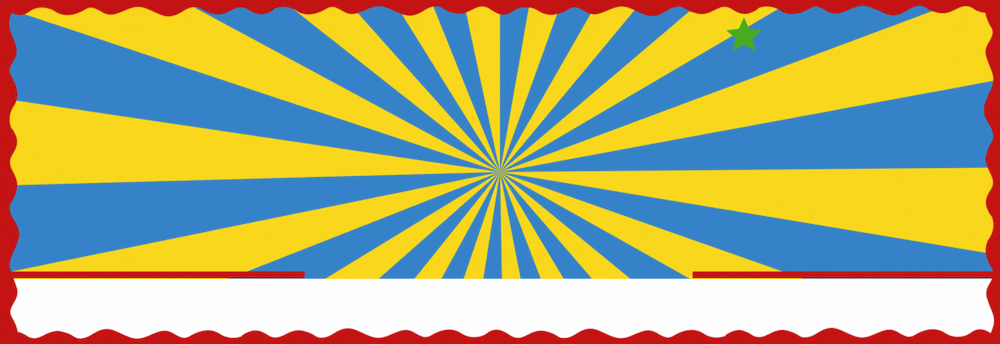Managing a prickly situation
Kristin Murdock
09 May 2023, 3:40 AM
 Caption: Lightning Ridge locals are encouraged to become involved in the battle to control Hudson Pear.
Caption: Lightning Ridge locals are encouraged to become involved in the battle to control Hudson Pear."Disappointing."
That's the response from Michael Urquhart, General Manager of the Castlereagh Macquarie Council (CMCC), around the lack of take-up by 32 identified Lightning Ridge landholders to access free services to battle Hudson Pear infestations.
"We were hoping more landholders would take the opportunity to fill in the application and return it to council, meaning access to free chemical or contractor control services," Mr Urquhart said.
At the April council meeting, the CMCC Senior Bio Security Officer Andrea Fletcher reported on the progress of the Hudson Pear control initiative stating that only six of the 32 landowners selected to receive free chemical or free contractor control services had completed and returned their formal applications.
"Some residents have been very vocal in the past saying CMCC and the NSW State Government are not doing enough in the fight against Hudson Pear and here we are with free control services and chemical and only 18 per cent of selected property owners have responded," CMCC Chairman, Doug Batten said.
CMCC is currently managing a joint Hudson Pear control initiative for the NW Local Land Services in the Lightning Ridge area - unwanted origin of the invasive Hudson Pear.
Hudson Pear was first detected in Australia in the Lightning Ridge area during the late 1960s. It is believed to have spread from a cactus nursery at Grawin.
Some historic reports state that this process was aided by opal miners who deliberately used the plants to protect their diggings from nocturnal prowlers and thieves but these are unable to be verified.
Whatever the origin, the effect of the invasive weed is extensive. According to mapping by NSW Local Land Services, the cactus has the potential to infest up to 112 million hectares of arid land across Australia.

IMAGE: Lightning Ridge Area Opal Reserve facebook
"Slowly but surely it takes over the landscape," Mr Urquhart said. "It's dangerous to humans and animals, both native and livestock. If you've seen the spines in an animal's mouth, you will realise how devastating the effects can be."
Cochineal insects have proven to be a welcome addition to the Hudson Pear control strategy. After being used to tackle the Prickly Pear family for many decades the tiny insects were released in a trial at Lightning Ridge in 2017.
While Mr Urquhart said council have access to the cochineal insects, it is just part of the fight against the spiny pest.
If left unchecked, Hudson Pear has the potential to reduce the viability of agricultural enterprises and subsequent land values and impact adversely on native fauna and flora.
Its presence on flood plains in north-western NSW is particularly worrying. Major flood events, such as experienced in the last few years have created ideal conditions for a significant increase in its distribution with movement into the Darling River system.
"It spreads easily," Mr Urquhart said. "On animal fur, by birds and through waterways."

Demonstrating how easy it is to spread the weed. IMAGE: Lightning Ridge Area Opal Reserve facebook
Initial mapping of infested areas around Lightning Ridge was undertaken by plane.
"We could see the skeletons of pears that are now rotting thanks to the cochineal bug, but there are plenty of locations still needing control. Some people thing the bug will do all the work but the insects don't like the wet weather so recently haven't been as effective."
Council agreed that in the coming weeks Mr Urquhart will contact the remaining 26 landowners, explaining the control services available and repercussions should control of Hudson Pear not be undertaken.
GM, Mr Batten plans to contact Member for Barwon, Roy Butler, seeking his support for legislative change of the Bio Security Act to assist control authorities with the prosecution of landowners for not controlling noxious weeds such as Hudson Pear on their holdings
"Residents need to be mindful that council has obligations to comply with biosecurity issues and are looking for cooperation with this compliance from landholders," Mr Urquhart said. "Control of Hudson Pear is for the benefit of the whole environment."
Mr Urquhart reiterated that, at the moment, landholders can obtain free chemical from council and carry out control method themselves or arrange a contractor (also no charge) to remove plants.
The joint control program continues to operate until the 30th June 2023 when the NWLLS will take over management and allocation of resources.




